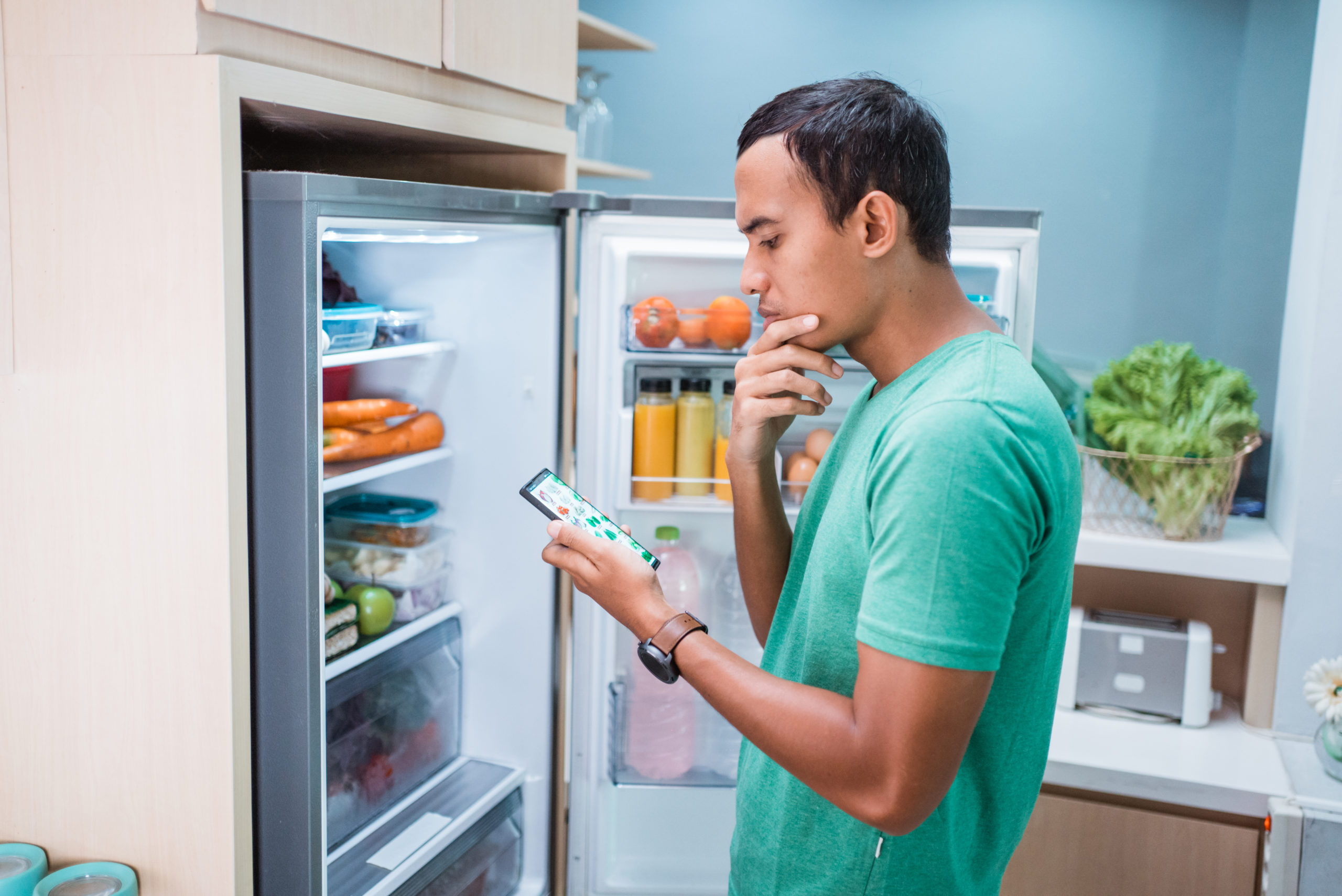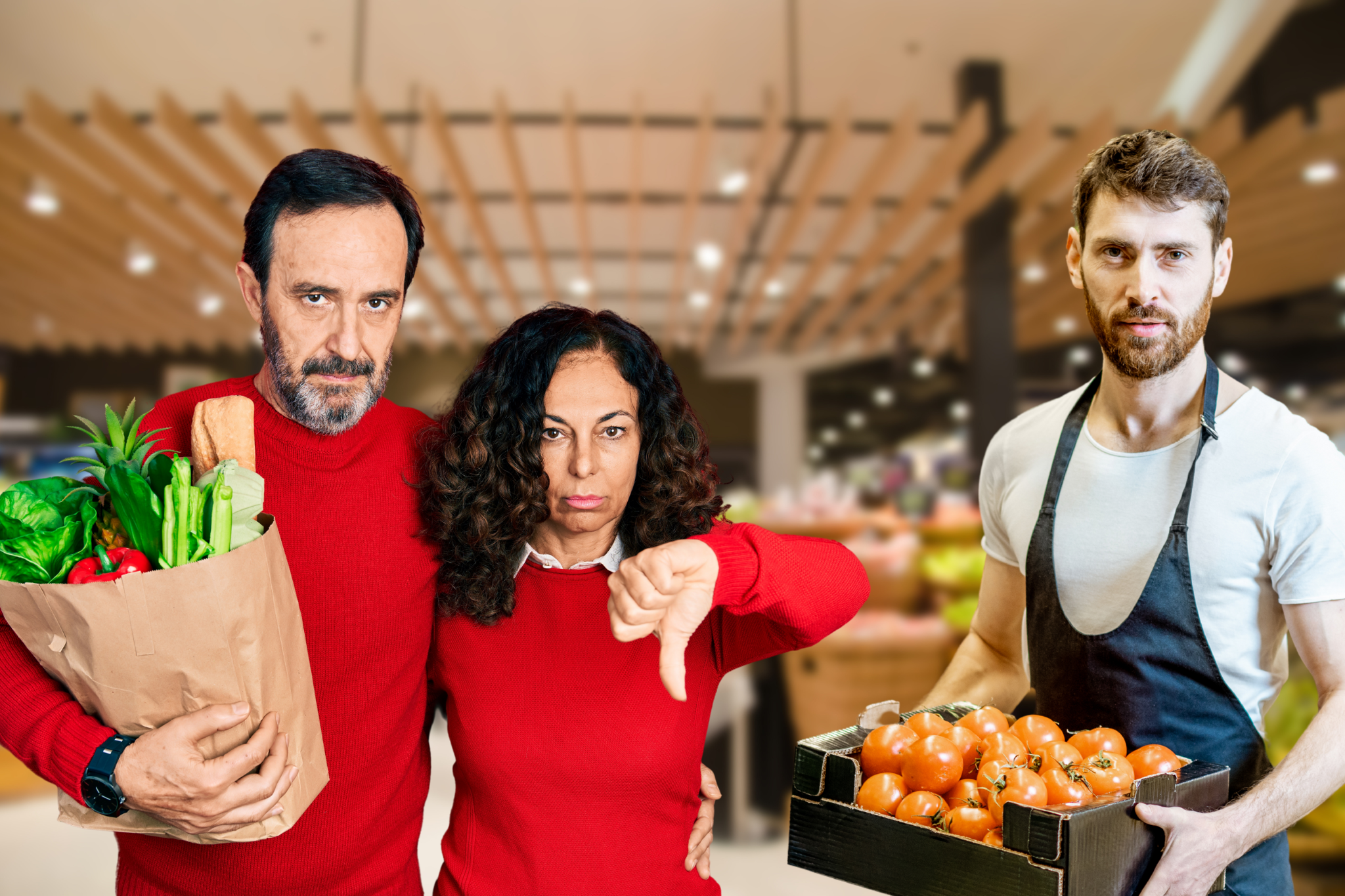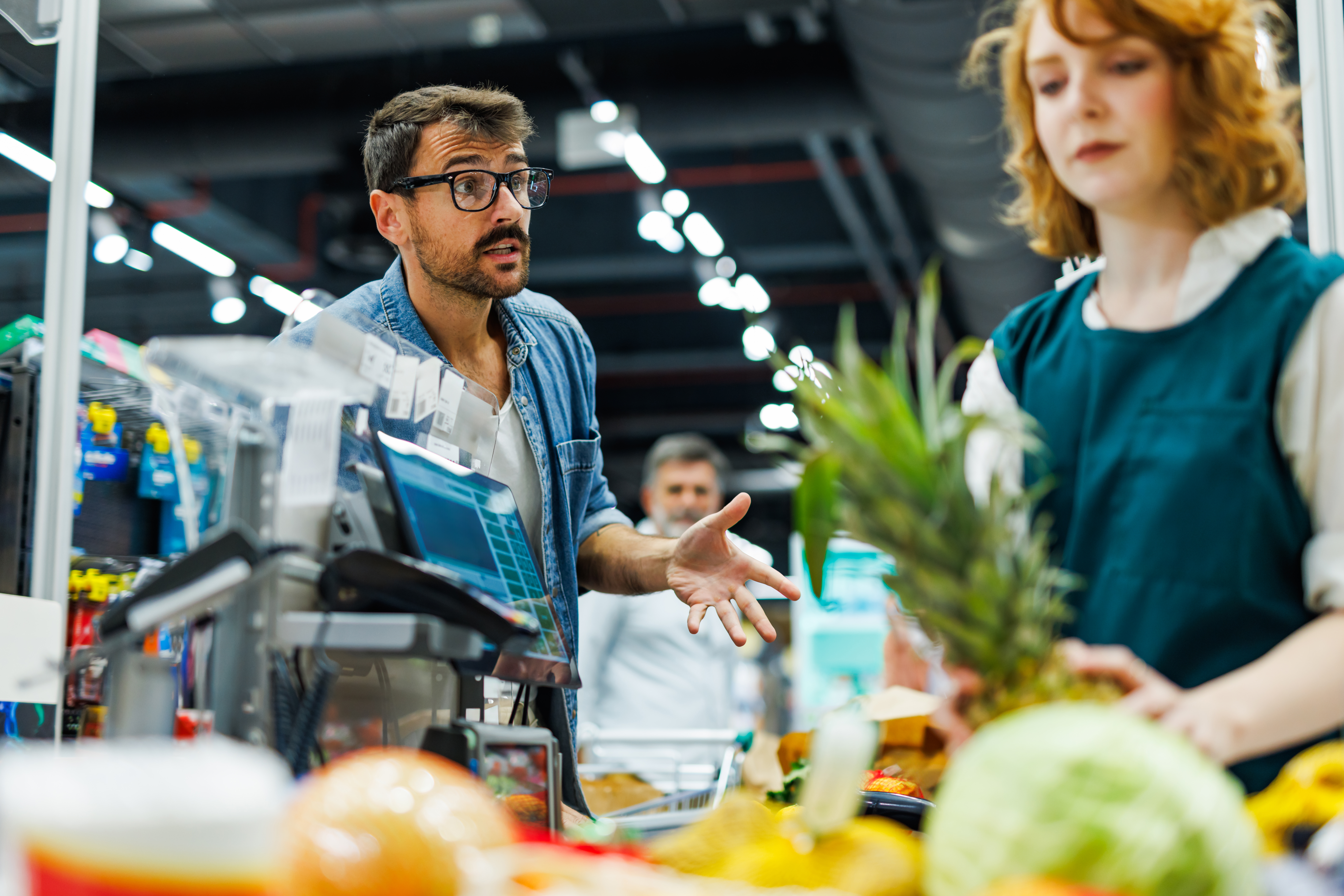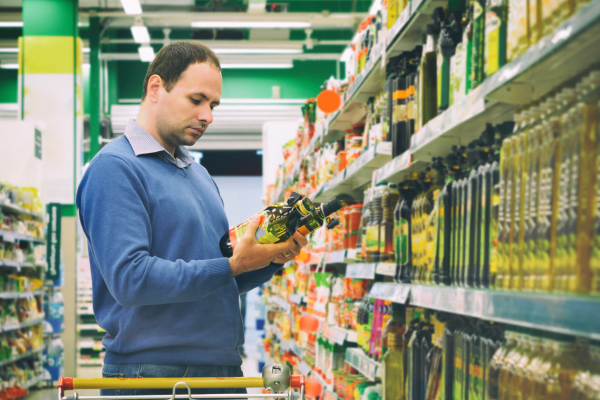
Grocery shopping: When it is better to shop local than online with Coles and Woolworths
Last updated on November 9th, 2021
COVID-19 lockdowns mean more of us have switched to online transactions - including grocery shopping. Big supermarkets like Coles and Woolworths have levelled up their game by focussing efforts on our online grocery shopping experience. Beyond accessibility and other benefits, there are important drawbacks to virtually shopping for groceries. In this second part of our series on online supermarkets, we dive deeper into the things we need to look out for before jumping into the convenience of online purchasing.
Modern Changes in Shopping Trends
Instead of buying most of our essentials once a week, shoppers now go to the store more often for smaller purchases. This is what a study from AusVeg’s Project Harvest found. Only one-third of Australians shop once a week. We now prefer going to the supermarket three times a week, which is about 135 times a year.
More of us have a better experience with smaller grocery stores than big supermarket chains, like Coles and Woolworths, a CHOICE supermarket satisfaction survey found. We are more satisfied with independent brands like Foodland, Drake, and Harris Farm.
In food trends, we see that local brands have become more popular. As the enthusiasm for food waste reduction, organic food, and plant-based diets increases, so does our love for neighbourhood brands. This translates into more trips to the local bakers and fresh produce dealers for our staple grocery items.
Coinciding with our interest in sustainable food, other eco-aware habits like reusable bags, have also been in style. We are now more in tune with green initiatives. In fact, Coles is jumping on the bandwagon with self-serve macaron bars and stations for refilling shampoo and body wash. Zero-waste drives are growing as Australians become more conscious of ways we can minimise our impact on the environment.
Curbside pickup and grocery delivery have also been on the rise. Especially during the lockdowns, supermarkets, like Coles and Woolworths, are now utilising e-commerce to bring your products to you. But as much as this is convenient, there are also some disadvantages to online grocery shopping. Let’s take a look at some of them.
The Cons of Online Supermarkets

Everything is virtual
Although the whole point of shopping online is to take advantage of technology making our life easier, there’s still something tangible about being physically in the store.
When shopping online, you lose the physical interaction with your items. You cannot conveniently read the nutritional facts on the back of the packet. To read more than just the product's name and size, you need to look it up separately online. You also cannot check the freshness or expiry date of your product, and choosing your item’s quality will be up to the shopper filling your basket for you.
Another experience lost is the chance to visit the in-house counters and self-service cabinets. In essence, you’re missing out on the in-store shopping experience. But if those IRL experiences are things you’re willing to forgo, get your phone and get shopping!
No say on substitution
If your product or preferred brand is out of stock, you don’t get to choose its substitute. Sometimes, you don’t get the item you ordered at all. This means that you might not get the rosemary you ordered for your chicken or the ketchup you were expecting for your fries.
Cost of delivery fees
Getting your items delivered to your doorstep has some costs. Although you save on petrol, you will still spend on delivery fees. To add to that, you might also have to pay a surcharge if you live in a remote area.
No more in-store discounts
If you’re a grocery store regular, you’d know in-store promos and markdowns are some of the best bargains. For online shoppers, there seem to be less discounts so you miss out on some good sales.
More for major chains
Not all stores offer an online service, and this forces you to buy from major chains like Coles and Woolworths. The thing is, if we don’t support smaller traders, they will disappear. So you might still want to buy some produce from your local bakers and butchers even if you’re buying online.
More Online Ads
When you’re in front of a screen, you’re more prone to online ads. They know what to offer you because they can track your data. If you buy one particular brand, they might show you an ad of its competing label which might make you consider buying it. You might also be offered add-ons that seem like small purchases at first, but are expensive if they pile up. Learn more on how to avoid these microtransaction-like deals here.
Additional Plastic Waste
When you order online, everything that you receive will be in single-use plastic bags. This is the exact opposite of the sustainable purchasing trend. If you’re trying to reduce your carbon footprint, you might want to bring your reusable bag and shop in-store.
Disruptive Delivery Schedules
There are some logistical challenges in getting your groceries delivered. You might find staying at home to wait for your items inconvenient or the delivery time and daily schedules might not match. You might need your order pronto, but delivery timetables don’t permit it. For instances like this, shopping store is a better idea.
If you don’t mind the cons we've outlined above, online supermarkets are for you. But if you’re still considering if you should go for it, read through the pros of shopping for groceries online here.
Your online grocery shopping experience should be convenient and seamless. If it ever disappoints you, all you have to say is ‘Help Me Handle It’ and we’ll ensure that you follow the correct complaint process.






